Dramaland justice: Comeuppance
by missvictrix
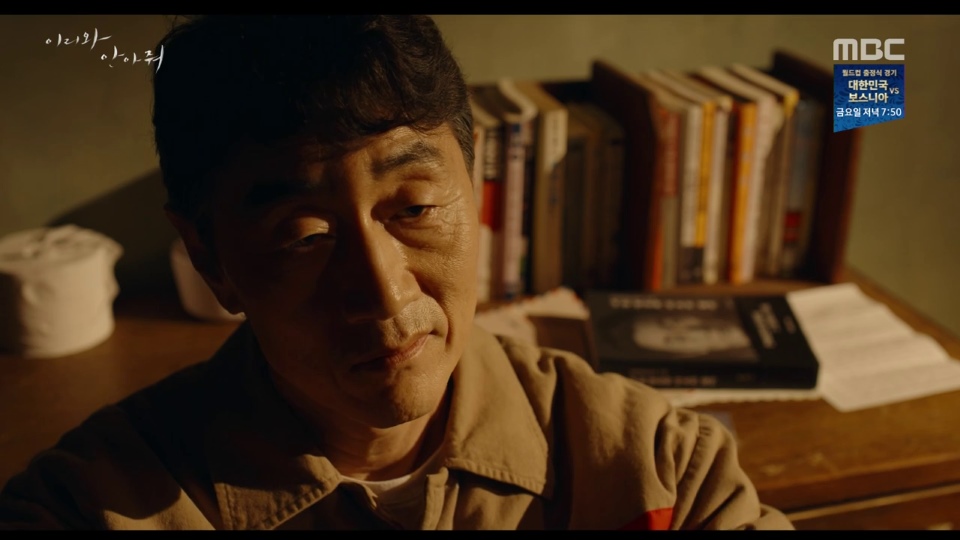
Dramaland operates on justice. It’s a place where, more often than not, things like rewards and punishments are doled out with a fairness that anyone can agree to. Goodness and long-suffering are rewarded (the hardworking heroine gets the job she’s been fighting for), and loneliness and heartache are healed with love and belonging (orphans find family, past scars are healed when couples come together, etc.). These are the things that make stories so satisfying.
Dramas gives us a place where everything balances out. It’s something incredibly powerful because we can’t attain it in real life. No, not because entropy or evil win — but rather, because our own story is still ongoing. We don’t know how it will end, or how justice will be parceled out, so instead we look to stories. Here we get something cohesive and complete; things add up, come full circle, and conclude.
We’ve looked at how dramaland uses the classical trope of compensation to bring balance and/or justice to heroes and heroines that have suffered undeservedly. But another important part of dramaland justice is when people suffer deservedly. In other words: when bad folks get their comeuppance.
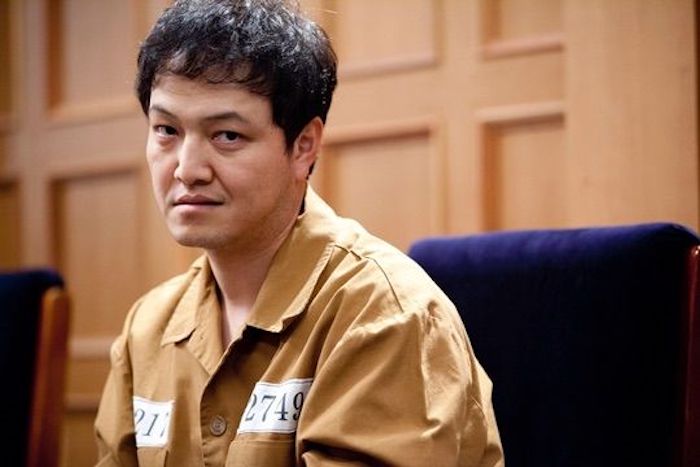
For the purposes of this argument, we’re talking about the bulk of K-dramas where the world of the story is black and white, and where there’s an obvious good versus evil element. (Some dramas dig into the more complex and “gray” space that’s a part of real life, but we won’t get into them too much here.)
Our heros and heroines reaping rewards and attaining happiness is a given, but would the story be complete if we didn’t see the antagonist get their comeuppance? What if Chae Young-shin and Healer walked off into the sunset together, but we never saw the crimes of the past come to light, and be punished? What if Na-moo and Nak-won in Come Here and Hug Me fell in love as adults, but the serial killer that ravaged their lives was never caught and brought to justice? The stories wouldn’t be the same. And they wouldn’t feel as complete — or as satisfying.
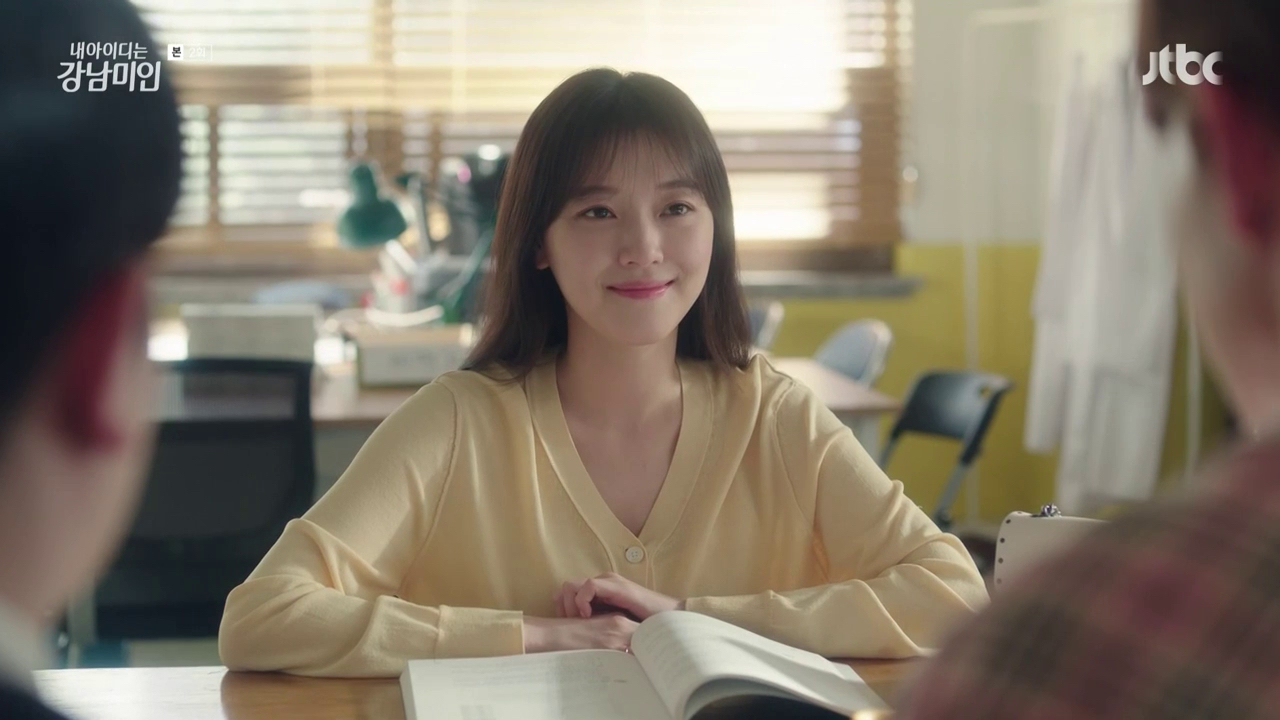
Waiting for comeuppance turns out to be a major draw of watching a story, too. Though our focus is more often on the main characters (and usually the love line), our drive to see baddies get their just desserts often carries us through a drama as well. I can’t be the only person who watched My ID is Gangnam Beauty waiting and waiting for the sly, poisonous Soo-ah to be exposed. Or, in a very different kind of story, I know I’m not the only one holding my breath (literally) waiting for the horrible students in Class of Lies to have to face up to their crimes.
The idea of comeuppance exists no matter the genre, too, though the punishment itself changes based on the rules of the story. In a rom-com, our baddies don’t usually have a bloodied final battle, and in thrillers, the baddies don’t get a bucket of water dumped over their heads. Punishment is scaled for genre and story, and that’s another way dramaland uses its rules to build a satisfying tale.
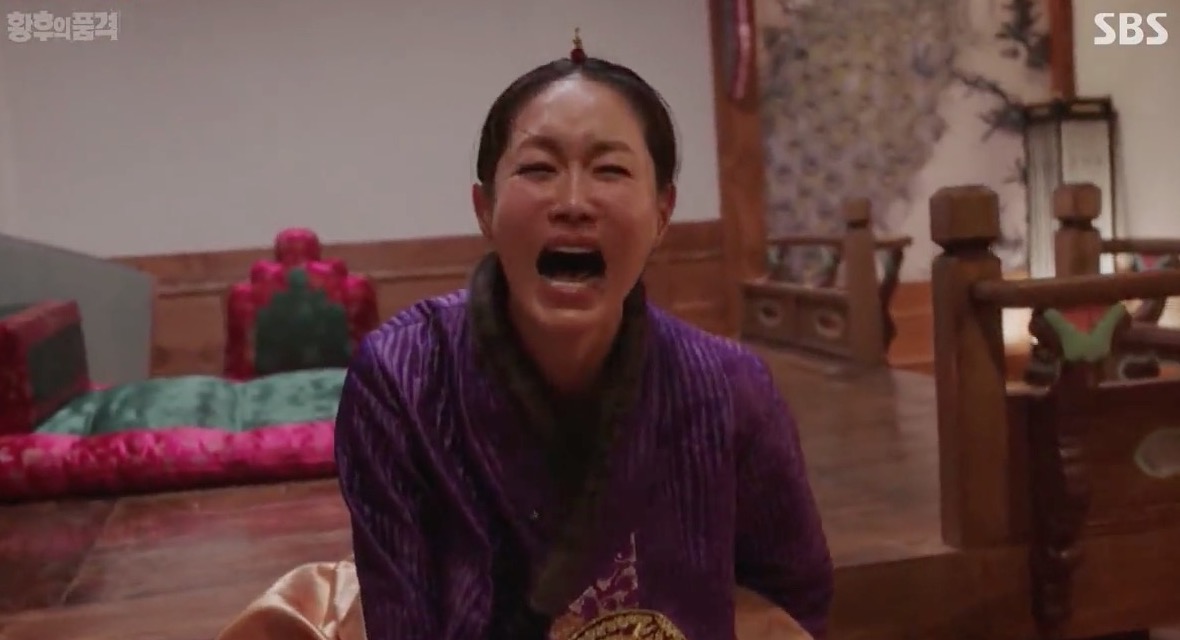
Even the magnitude of the villain doesn’t matter. They can be anywhere from the truly chilling (like the serial killer father in Come Here and Hug Me), to a “love to hate” villain like the Empress Dowager in An Empress’s Dignity. No matter the nature of the villain/antagonist, the urge to see them get their comeuppance is there. It might be stronger in some stories, or run on a scale of tearful relief to a round of applause, but the ending for a baddie is just as important as the ending for our hero and heroine.
Even subtle comeuppance works, and is satisfying to the viewer. Think of the horrid abusive husband in One Spring Night. He’s a villain from the start, and uses his charm and a heavy dose of smooth manipulation to get what he wants, whether it’s loans or control of his wife. At the close of the drama, his character is left completely unredeemed. And according to drama justice, if a character isn’t painted as redeemable, then they have to get comeuppance of some sort in order for the story to be satisfying.
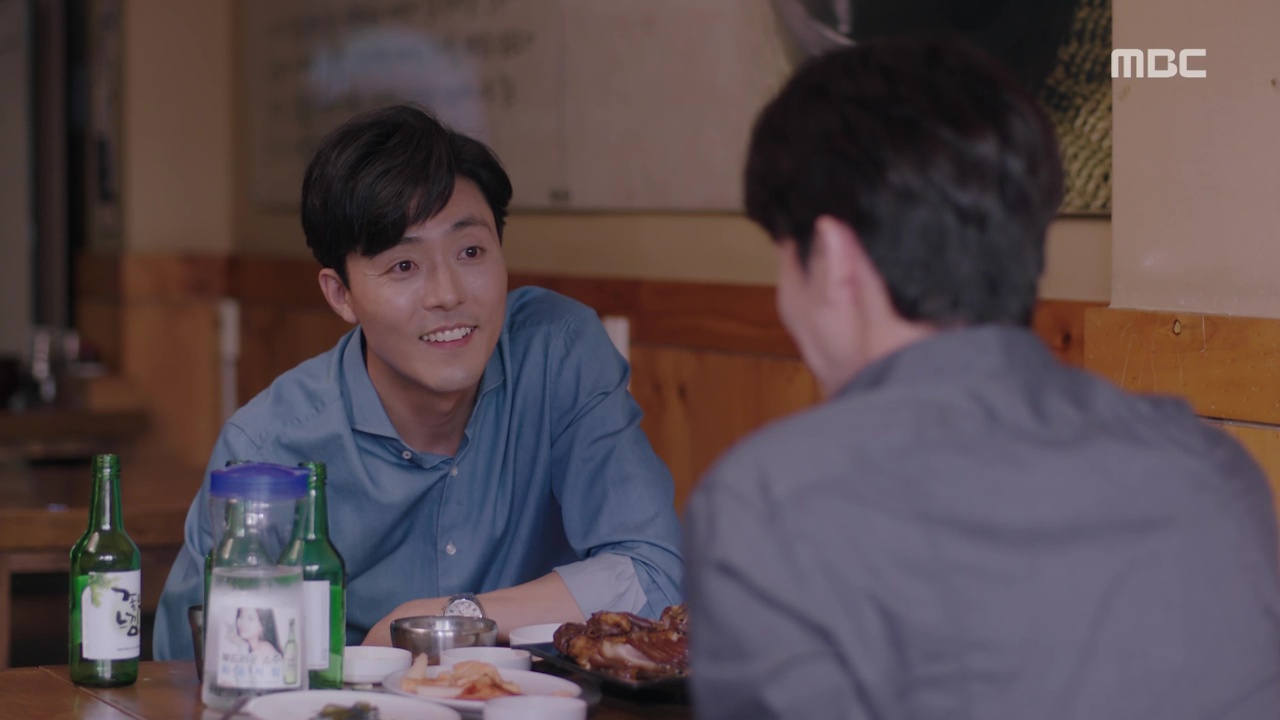
In One Spring Night, this lowdown character gets some subtle, yet satisfying comeuppance. He loses his wife, his parental rights, the growth of his medical practice. But more than that, the last time we see him in the drama he’s getting drunk in the middle of the day in a pretty sorry display of self-pity, laying the blame for his problems on others. While the other characters in the drama learned to overcome their obstacles with maturity and intention, his story seemed to show us what happens when a person isn’t willing to do so.
There are also dramas that take a kinder approach to their antagonists, but this still doesn’t negate them getting a dose of comeuppance before they’re redeemed. Take the cold Director Ko in Romance is a Bonus Book, or the not-so-nice girlfriend of the hero in My First First Love. They first operate as an antagonistic force in the story, but afterwards, their characters are either explained, forgiven, or a mash-up of these. Sometimes the comeuppance is as simple as realizing their behavior — and sometimes they even get a happy ending, too.
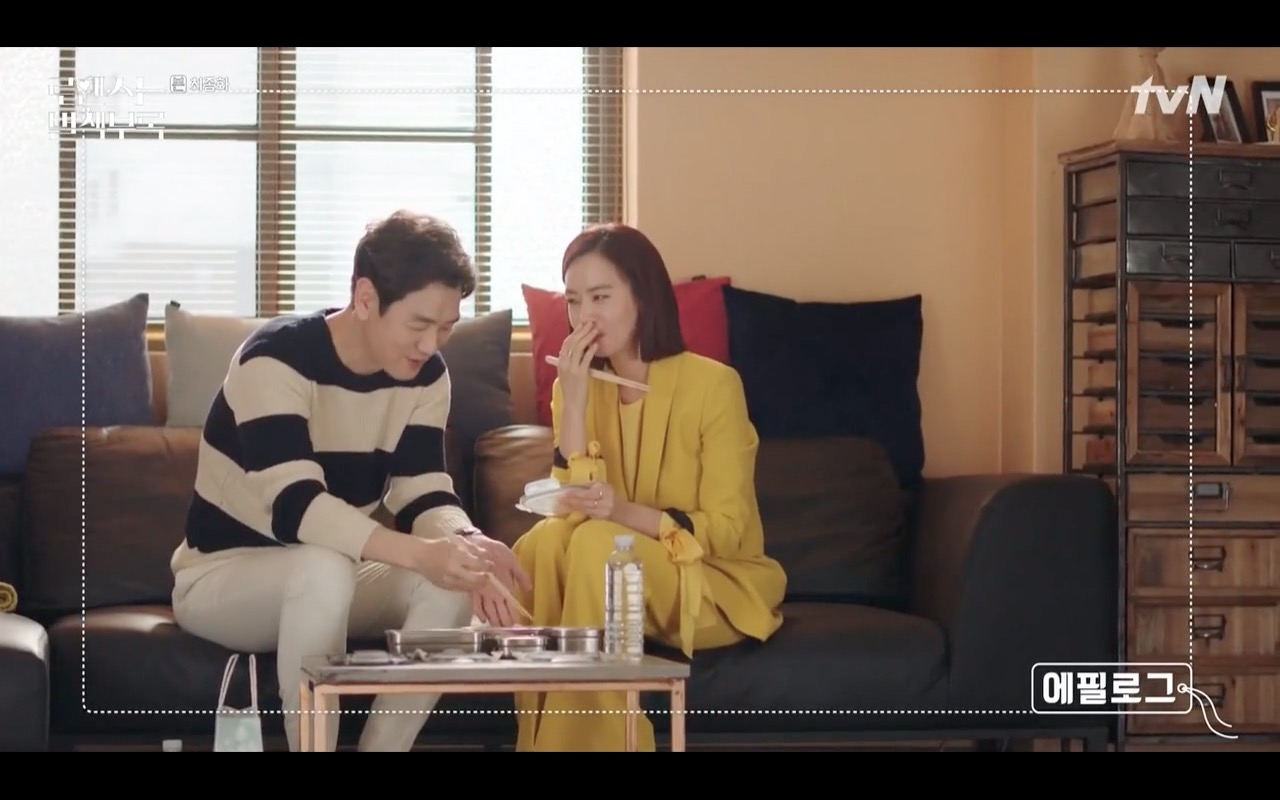
We all know dramas wouldn’t be dramas without the baddies, bitches, and flat-out villains — but the justice that rules dramaland wouldn’t be the same without them either. Antagonists are handled in different ways, and the way they get their comeuppances parceled out actually tells us a lot about the logic of the story, and the message it wants to convey. Some might even say that the way the antagonist is dealt with reveals more about the genre and/or themes than the protagonist’s storyline. It’s an interesting experiment, actually, to imagine how the story would change if the baddie’s comeuppance took a different shape. Would it make dramaland justice more or less compelling?
Either way, comeuppance is another great example of dramaland justice at work. We might take it for granted at times, being so used to the equation, but without it, the world of K-dramas becomes a very different place.
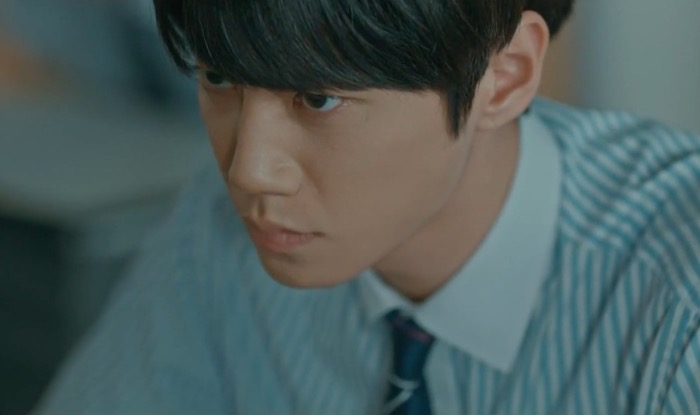
RELATED POSTS
Tags: An Empress's Dignity, Come Here and Hug Me, editorial, My First First Love, My ID Is Gangnam Beauty, One Spring Night, Romance Is a Bonus Book
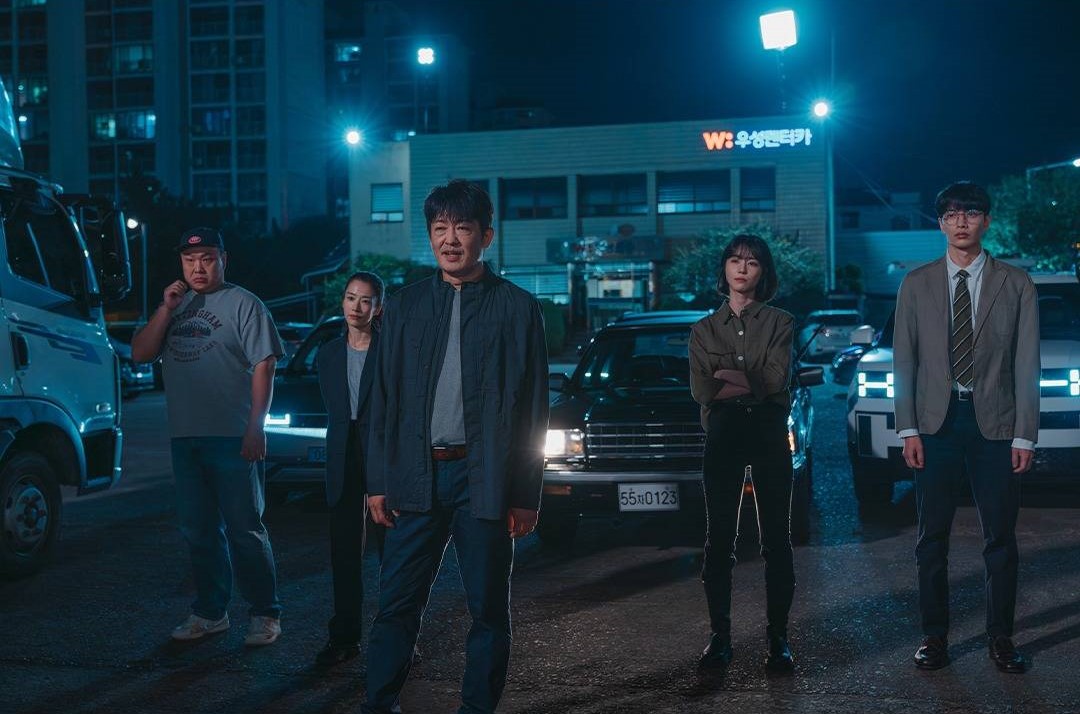
![[Why you should watch] Just Between Lovers](http://d263ao8qih4miy.cloudfront.net/wp-content/uploads/2018/11/JBL_1.jpg)
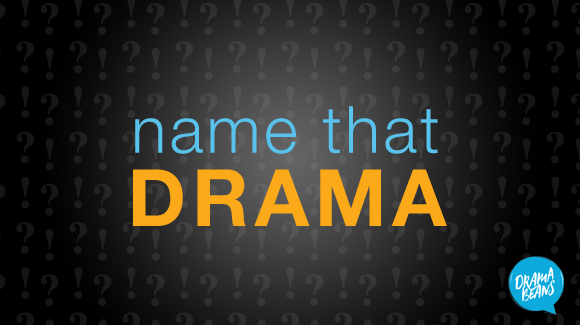
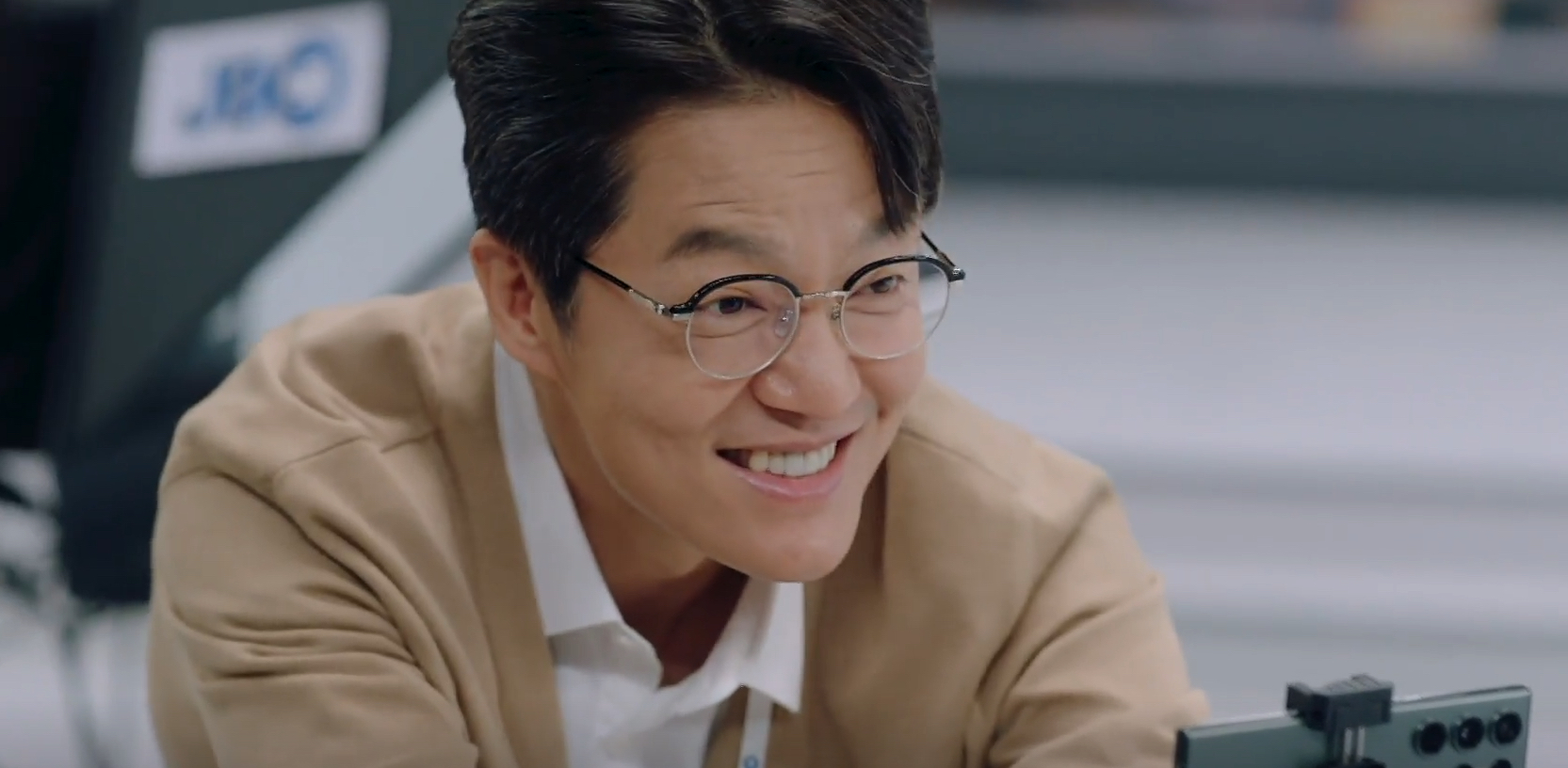
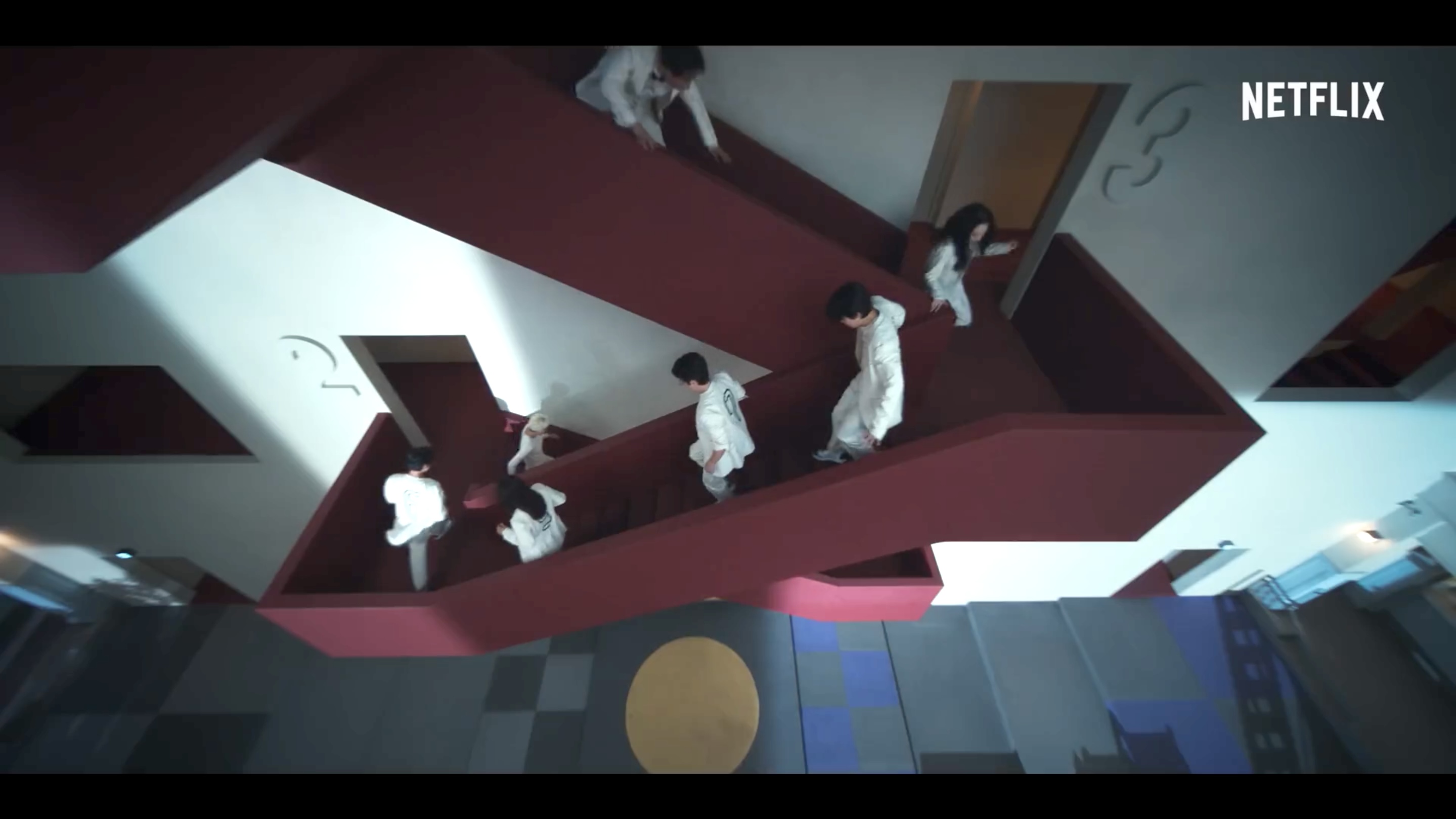
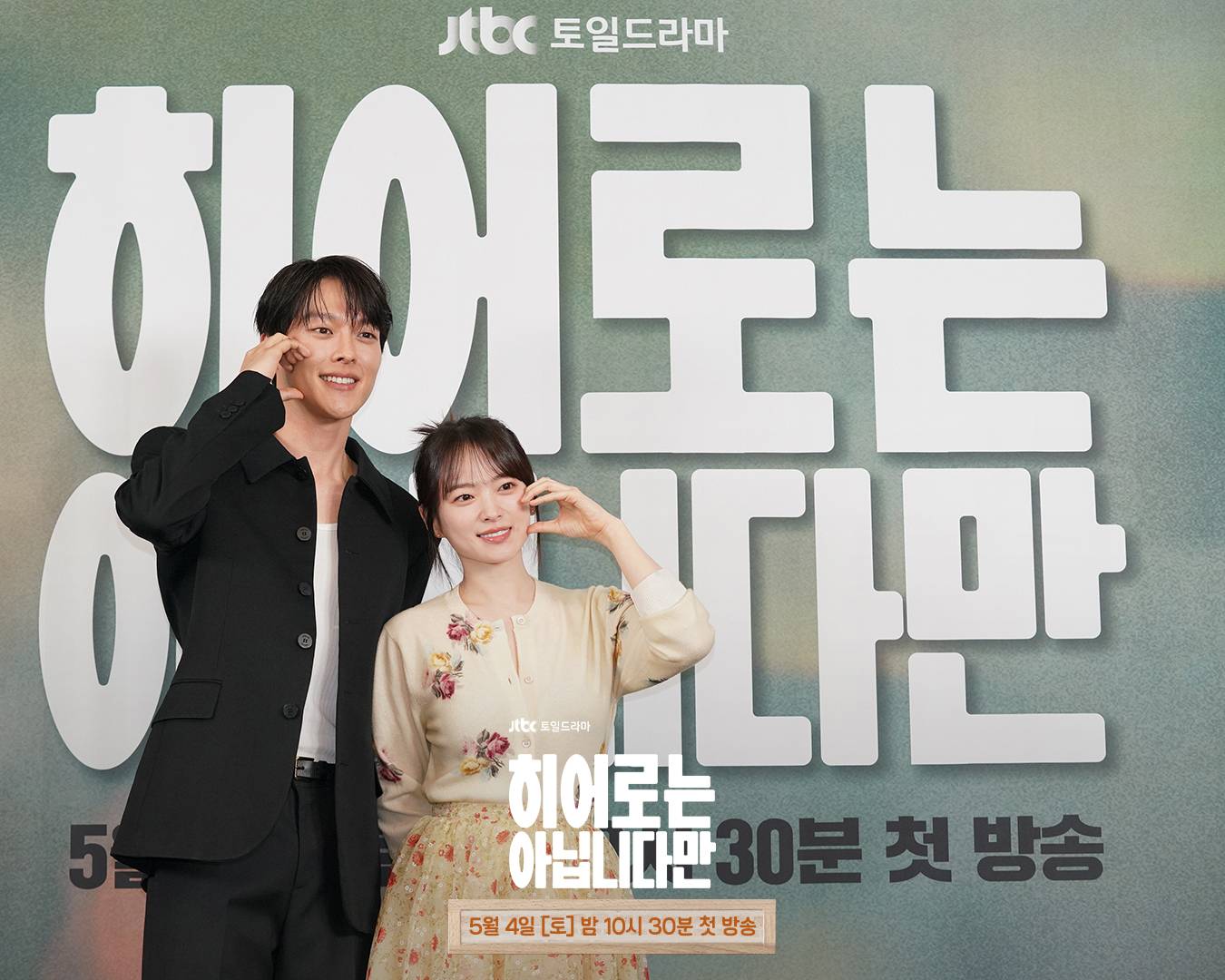
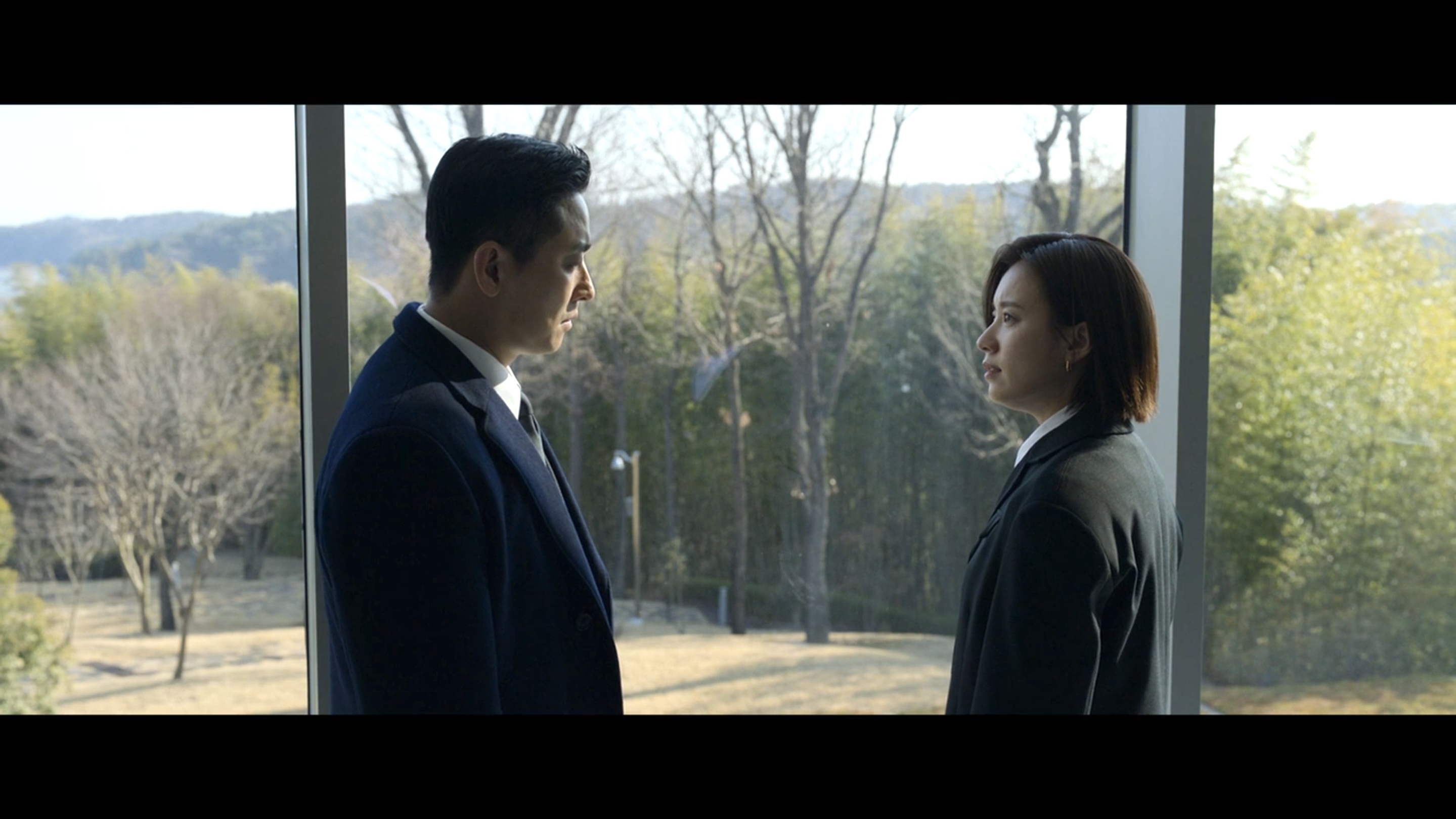
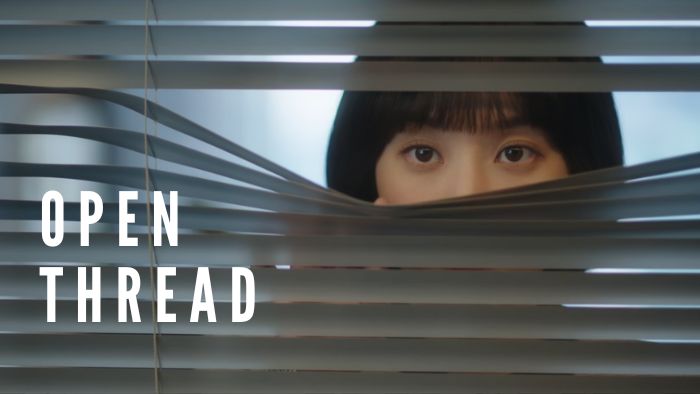
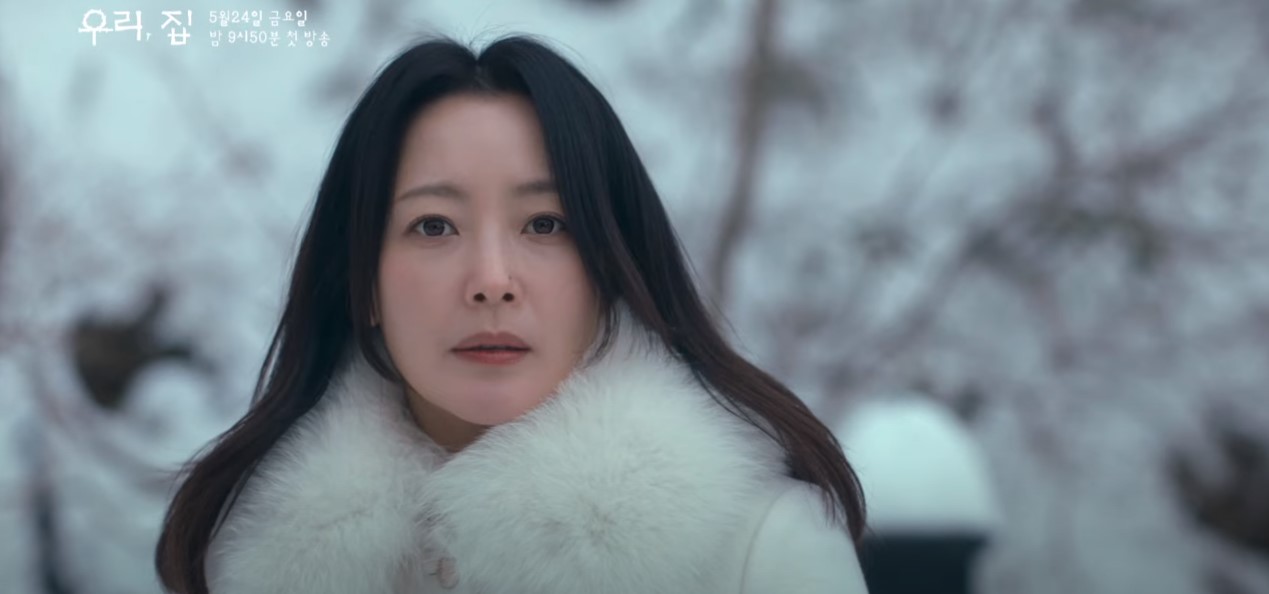
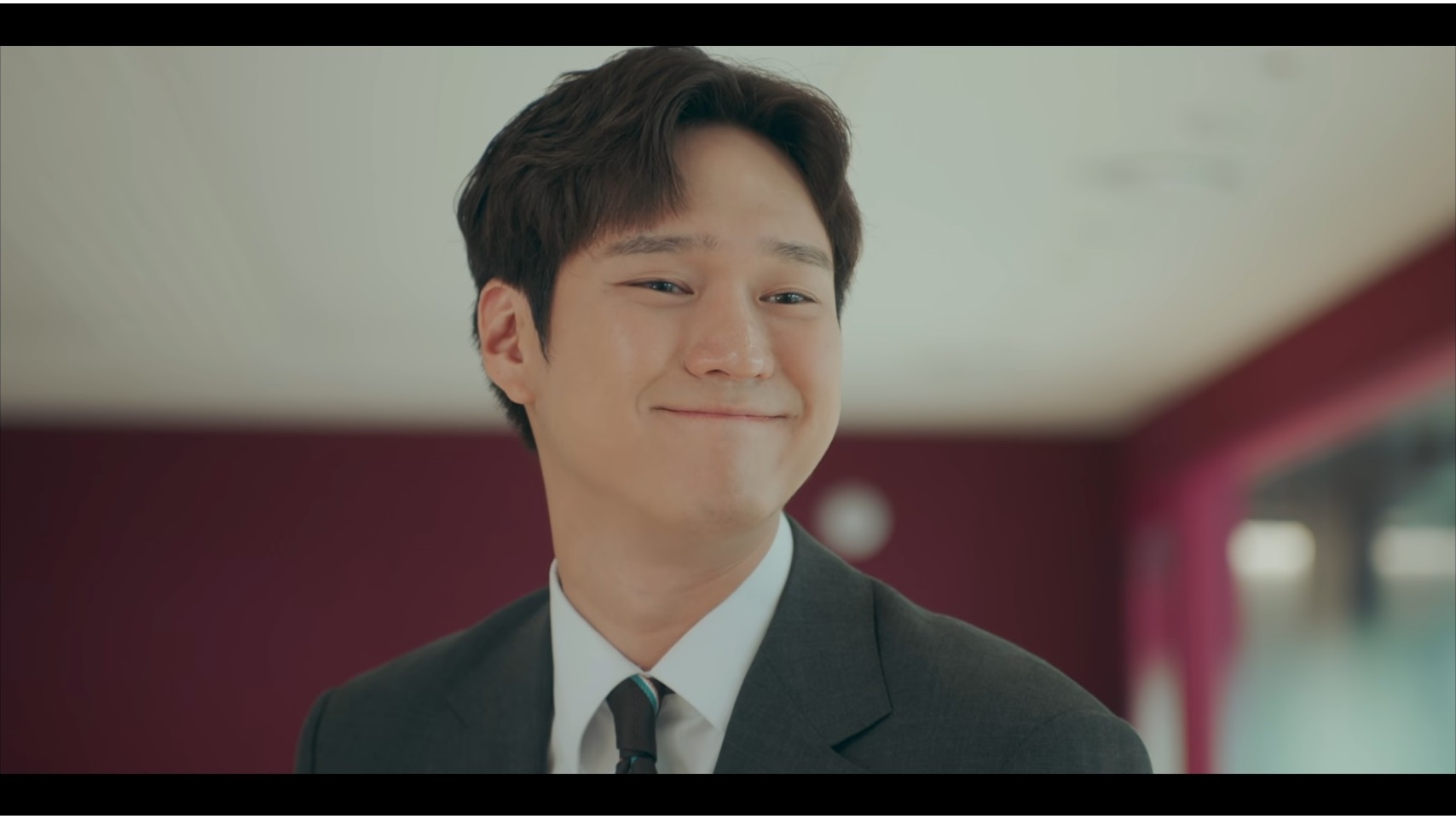
Required fields are marked *
Your email address will not be published. Required fields are marked *
1 MikeyD signed up
August 20, 2019 at 1:42 PM
There a LOT of people jumping off tall buildings in K-dramas. Forcing bad people to commit suicide must be considered a satisfying a form of 'comeuppance' The weirdest version of that was in the series 'Matrimonial Chaos' when an episode ended with the philandering husband drunkenly rolling of the edge of a roof and the viewers collectively went "WHAT?" It turned out the building wasn't as tall as we had imagined and he survived.
Required fields are marked *
Bob
August 20, 2019 at 8:24 PM
Two series that had a high degree of moral ambiguity and a 'comeuppance' plummet from a great height were "Forest of Secrets" ("Stranger") and "The Guardian" ("Lookout"). In both instances the anti-hero had done bad things in the service of the greater good and elected to pay the ultimate sacrifice for his sin. You could say a self-inflicted comeuppance.
Required fields are marked *
2 kdragon
August 20, 2019 at 3:08 PM
Comment was deleted
Required fields are marked *
3 kdragon
August 20, 2019 at 3:16 PM
It definitely is one of the reasons people enjoy kdramas. It gives the audience hope that even if sometimes it takes a long time, "bad" people do get what they deserve.
Yes, we usually have to go through an emotional roller coaster ride of frustration and anger (sometimes times excruciatingly pain and heartache), before we get to see that... but that IS part of the Kdrama experience 😅.
(It probably is one of the reasons I enjoy rewatching Pinocchio. If I accidentally see an episode, I can easily get caught up in the story again.)
Required fields are marked *
4 kellie
August 20, 2019 at 3:56 PM
I sure don't watch K-dramas expecting "justice." I think I could name 3 out of the 70 or 80 dramas I've seen over the years that handled at all well the legal and moral payment due from the terrible things characters do to each other. Or dramas that offered any real sense of catharsis for the audience, after it suffers through 16, 20, 30 episodes of calculated evil. One that comes to mind is "Baker King," where Joo-Won's character is guilty of arson, theft, and assault but at the end he's off on a smiling, lovey-dovey holiday with the girl he's been tormenting through half the story. I muttered all the way through that one "That guy belongs in jail."
Required fields are marked *
5 Aigoooo
August 20, 2019 at 4:10 PM
For me, nothing is more frustrating than watching the hero/heroine get outplayed by the villain for almost 99% of the duration of the drama then giving them their comeuppance at the last episode.
Required fields are marked *
amara
August 20, 2019 at 5:44 PM
omg yes or if the main character just really frickin sucks. like theyre not really complex, they're just evil and dont change ! but omg when the protags are just outsmarted every single time i cant do it
Required fields are marked *
6 amara
August 20, 2019 at 5:43 PM
i really liked your post!
i think this is complex and very interesting. the labor movement in sk came later (post-occupation) and the development of, like, information and influence has a different form of justice than a lot of us are used to.
being a small country and incredibly developed post-imperialist rule in a continent that is booming and suffered many of the same things definitely ignites that good/evil thing. at least in my estimation in comparison to a more american outlook which i think definitely explores the idea of morally grey more.
that being said..these are negatives and positives. i love all the ensemble shows about justice--like I LOVE THEM because of the oversimplification. i digress from my point here but i realize the satisfaction i gain in a holistic society and the idea of superheroes fighting capitalism and for dignity feeds into the fantasy i wish could be true.
on the other hand, this leaves out a plethora of stories. while i gain satisfaction from comeuppance (and this is another reason why i like these ensembles so much, i sincerely struggle with unfairness and hurt knowing that while people struggle, their oppressors are living happily. in most kdramas it's like this semi-utopic solution)
anyway while this is great, because of the lack of diversity in the stories, the stories become repetitive. there's a slew of justice issues and the way evil seeps into society that are untapped (and lately it's surprising: chief kim dealt with xenophobia, designated survivor with The Gays and also discrimination and imperialism, jealousy incarnate had the breast cancer and impotence) and then there is the delivery and what happens next.
i totally agree that the way the antag is dealt with reveals way more to the story and message. it has to. which is where a lot of places fail. i'm thinking in the most basic of "liberal" standpoints. in solomon's perjury, a show built on high school girls finding justice, a teen is forced into an abortion. it is an abysmal storyline, points out the force as an abomination but chastises the practice. i stopped the show (a character literally said "you'll pay for killing your baby" or some shit) but the satisfaction given to solved cases evaporated (i mean this show had previous issues to begin with.)
the way in which we do redemption arcs and villains and complexities etc vary from person and cultures and i think kdramas have a wayyyy more positive outlook on life but in some ways that staunch dichotomy leaves no room for interpretation and it can often side with the very people who are hurting others
also like everyone does this, but jail is the solution to everything and the law and crime and bla bla bla but the shows set up a world where things are so unfair that i just can't see how punishing them with the same system that doesn't punish others is a good idea. but das jus me
anyway that's myyyy take on it
Required fields are marked *
7 shamrockmom
August 21, 2019 at 10:49 AM
If anything, I think K-dramas lack a good dose of "karma" for the baddies at the end of the drama. Sure, there are a few where the bad folks get what's coming to them. But more often than not, the level of justice that gets doled out to the bad dudes/dudettes is pitiful considering what the good characters endured. There is a lot of 'cheap forgiveness' and suicide of a bad character is a total cop-out by the writer. Implied karma is not always good enough for this viewer.
This is why I start a lot of dramas....but don't finish a lot of dramas. I hate being emotionally invested in a drama...and then the baddies get no punishment, minimal punishment or implied/offscreen punishment. It's been the cause of more than a few meltdowns for me over the last 6 years.
Required fields are marked *